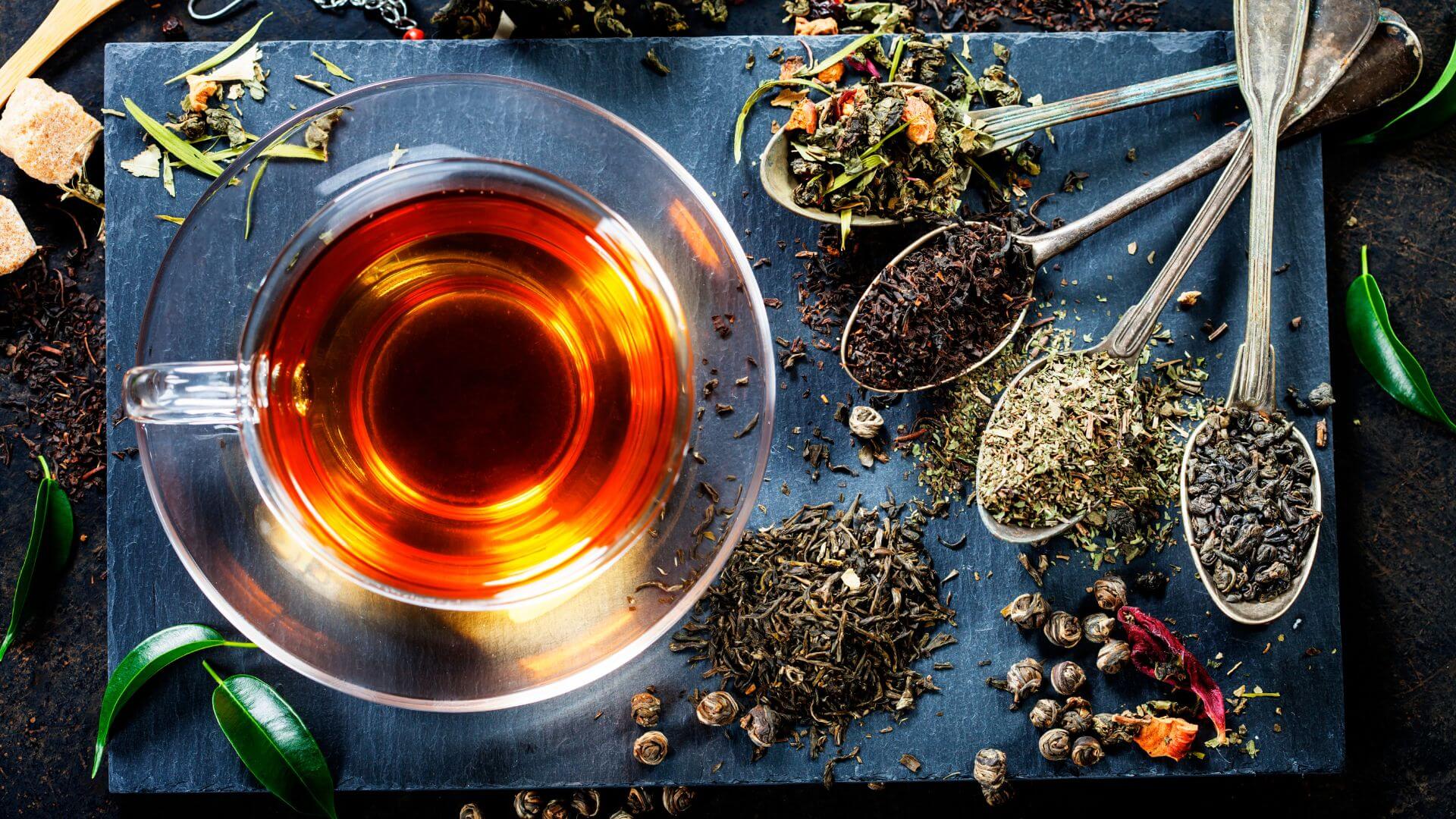
Imagine tea producers walking into a tea grading facility and seeking assurance of consistent quality and precision in their blends. As they assess the brews, they rely on the distinct aroma, the perfect balance of flavors, and the exquisite quality that sets each tea apart. But how do they ensure such consistency? The fusion of traditional expertise and cutting-edge technology holds the secret. Machine learning has emerged as a powerful tool in the world of tea grading, revolutionizing the way tea is assessed and appreciated. Let's embark on a journey to explore the incredible potential of machine learning in elevating tea grading to new heights.
The Steeped Challenges of Traditional Grading
Before we plunge into the realm of machine learning, let's steep ourselves in the challenges faced by traditional tea grading methods. Firstly, relying solely on human tasters can lead to inconsistencies and subjective interpretations of tea attributes. It's like having a group of friends with different taste preferences arguing over the perfect cup of tea! Secondly, the process can be time-consuming and requires a substantial number of skilled tasters, making it difficult to meet the demands of large-scale tea production. Lastly, maintaining consistent quality standards over time becomes quite the balancing act, just like finding the perfect harmony between tea and milk.
Infusing Machine Learning into the Mix
Here comes the exciting part! Machine learning algorithms to the rescue! By harnessing the power of data and automation, we can create a more objective and efficient grading system.
Picture this: the dance of algorithms, sifting through countless data points, uncovering patterns, and learning to grade tea with the precision of a master taster. It's like having a virtual tea expert by your side, helping you find the perfect cuppa every time.
The Technical Steeping of Tea Grading with Machine Learning
Let's take a closer look at the technical solution architecture that makes this tea grading transformation possible. At the heart of the system lies a robust framework built with Python, leveraging powerful libraries like scikit-learn, TensorFlow, and PyTorch. These libraries provide the building blocks for developing and training machine learning models.
The architecture incorporates both current and historic data. Current data includes attributes like leaf size, color, aroma intensity, and batch details. Historic data captures past grading records, weather conditions, and other relevant factors. This comprehensive dataset serves as the foundation for training our machine learning model.
Using Python code, the data is pre-processed and transformed to ensure compatibility with the chosen machine learning algorithms. Dimensionality reduction techniques, such as Principal Component Analysis (PCA), may be employed to extract the most relevant features from the data, further enhancing the model's performance.
Now, let's introduce the star of the show: the Predictor! This component takes in new tea samples, analyzes their attributes using computer vision techniques, and feeds them into the trained machine learning model. The model, like a knowledgeable tea taster, predicts the grade of the tea based on the learned patterns.
Predicting the Validity of Tea Grades
One intriguing aspect of using machine learning in tea grading is the ability to predict the validity of tea grades over time. By formulating this problem as a regression task, we can estimate the duration after which a tea grade becomes invalid. The input data for this prediction includes sample tea information, catalog data, batch dates, sample dates, tasting dates, and grading dates.
By training regression models and assessing their performance using metrics like Root Mean Squared Error (RMSE), we can provide tea enthusiasts with valuable insights into the lifespan of tea grades. This information empowers individuals to make informed decisions about the freshness and quality of their tea purchases.
Sustainability of Tea Grades: Predicting the Perfect Sip
Tea grades, like the delicate flavors they embody, have a limited shelf life. To ensure tea is savored at its best, predicting the duration of a grade's validity becomes crucial. Using regression techniques, factors like sample tea information, catalog data, batch dates, and tasting dates are considered to estimate the duration after which a grade becomes invalid. This prediction helps tea enthusiasts make informed decisions about the freshness and quality of their favorite blends.
A Sip into the Future: Brewing Innovation
As we pour ourselves a cup of innovation, let's savor the benefits of integrating machine learning into the tea grading process. Firstly, it elevates the accuracy and consistency of grading, ensuring you always experience the flavors you desire. Secondly, it reduces dependency on human tasters, making the process more efficient and cost-effective. Lastly, it empowers tea producers to monitor and analyze the attributes of their tea in real time, allowing them to maintain the highest standards of quality.
By embracing these remarkable innovations, we unlock a world where tea enthusiasts can confidently embark on a captivating exploration of diverse tea varieties, reassured by the transformative influence of machine learning on the grading process. Now, as you read this, you might be inspired to adopt this cutting-edge technology and revolutionize your tea grading practices. We extend an open invitation for you to connect with us, enabling a seamless transition into a realm where machine learning empowers your tea grading endeavors.
Imagine the possibilities: with our expertise and guidance, you can seamlessly integrate machine learning into your tea grading process, enhancing accuracy, efficiency, and overall satisfaction. We provide the tools, knowledge, and support necessary for you to confidently navigate this new frontier of tea appreciation.
Moreover, the techniques and principles we employ in tea grading can be extended to other flavor and fragrance-centric analyses. Imagine applying similar methodologies to wine grading, perfume mixing, and more. The possibilities are endless, and we are excited to explore these avenues in the future.
Reach out to us today and discover how this remarkable technology can transform your tea experience, allowing you to savor the intricate flavors and aromas with newfound clarity and confidence. Let's embark on this journey together and unlock the full potential of machine learning in the world of sensory analysis.
